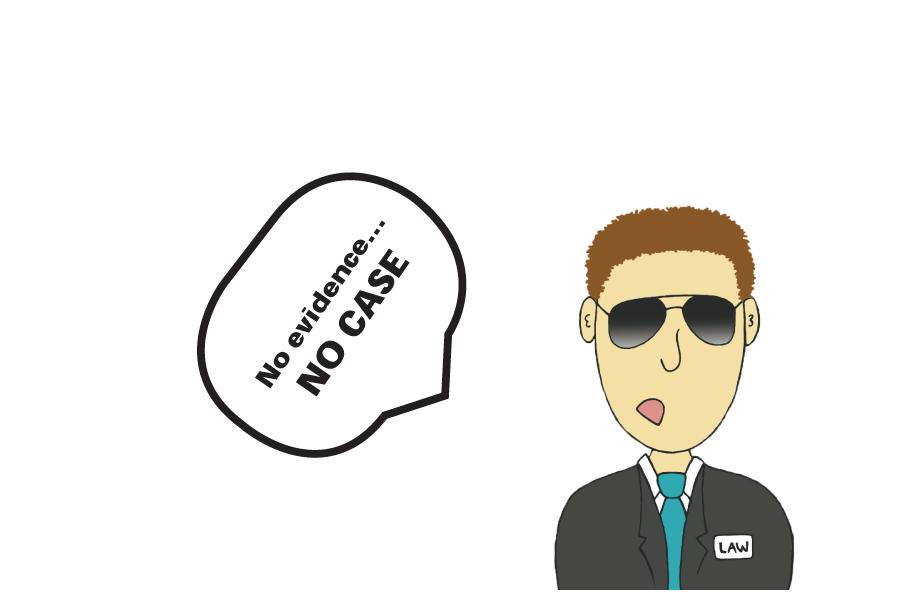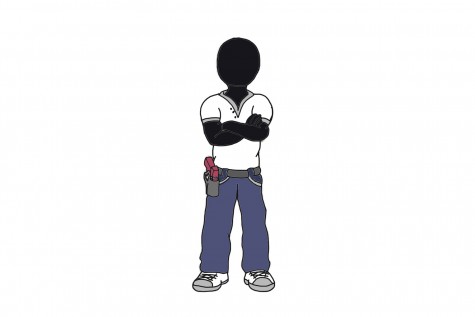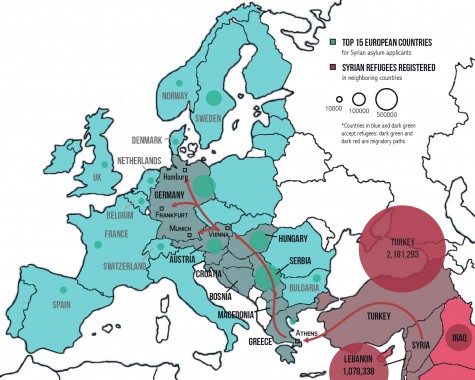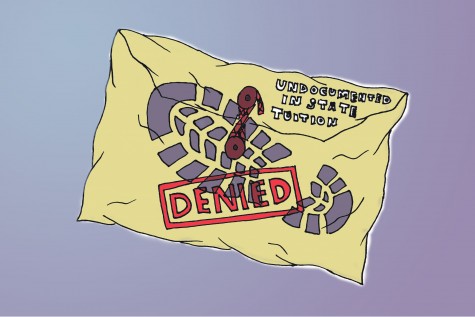Little funds affect justice
December 16, 2014
The most vulnerable people in any society are its children.
That’s why any time cases of child abuse are made public, it stokes feelings of disgust and outrage. When the story broke in September about the body of 2-year-old Colton Turner being found in Southeast Austin and the allegations of abuse and neglect against his parents, the case made top headlines for weeks.
Three CPS workers were fired for how they handled Turner’s case, but sadly the problems with how the agency investigates these problems will continue unless larger changes are made.
The problem is not solely the fault of CPS caseworkers or law enforcement investigators, but rather the system of funding that supports how they do their jobs. This goes for allegations of abuse against young children like Turner or even high school students.
In the CPS Code handbook, particularly section 4, within “The Evidential Stage,” section 4.5 states, that “the finding that there is a realistic prospect of conviction is based on the prosecutor’s objective assessment of the evidence…”
Like any prosecution process, there is a serious issue that arises when concerning this “Evidential Stage” that seems to be present at all times: No evidence, no case.
Investigating parents for allegations of abuse is inherently a difficult task. A parent who abuses their child has many ways to conceal their actions. Obtaining adequate evidence that proves that a criminal offense has occurred can require significant resources and investment in time by investigators.
Sadly, the people charged with investigating allegations against children are often overworked and under resourced.
No action is taken if there isn’t evidence. The only logical explanation for the lack of action is the sheer fact that there is a lack of money provided to successfully investigate and prosecute child abusers.
CPS is funded from a combination of sources with about 54 percent coming from the federal government. Thirty two percent of the agency’s 2012 flexible funding was dedicated to foster care and adoption subsidies, tying up a large portion of the funding it can choose how to spend.
CPS agencies are investigating fewer reports of child abuse and neglect and are less likely to provide services to identified victims. It’s not that complicated. If the government wants to keep children safe, they will have to fund CPS appropriately.
It’s a painful fact that if CPS and law enforcement agencies were funded better children might still be alive. It is impossible for caseworkers to find adequate evidence to prosecute a case if they are not provided the funds to do their job

















